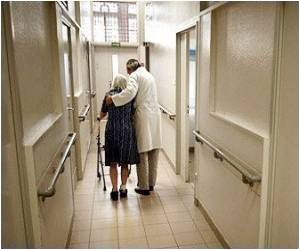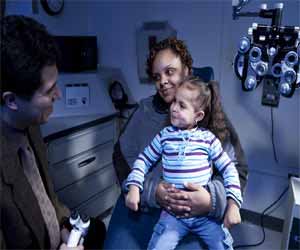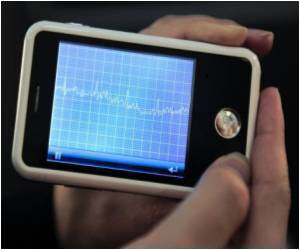Nearly three quarters of the sample reported having been humorously accused of promoting death; for example, being called Dr. Death, in a recent survey of palliative care medicine practitioners.

"What jokes illustrate about medical society is that doctors and nurses are members of a pluralistic culture that clearly contains within it conflicting beliefs about end-of-life care, specifically hastening death," says author Lewis M. Cohen, MD, of Tufts University School of Medicine, Baystate Medical Center, Springfield, MA.
Most clinicians who care for dying patients would take umbrage at the suggestion they actually kill patients. Palliative care medicine takes the position that shortening the process of dying to ameliorate suffering is entirely justifiable. However, many Americans, including health care providers, believe that human existence needs to be maintained for as long as possible, at any cost, without regard to the quality of life, or that it is a mortal sin to attempt to assume God's control over the manner of death. "Medical staff have different faiths, backgrounds, and countries of origin and all of these factors may contribute to clinical disagreements," observes Dr. Cohen.
He suggests that greater attention to communication and conscientious documentation can ameliorate, but not entirely forestall, dissension among health care workers about care at the end of life. "There should be a low threshold for allowing and requesting ethics consultations, while grand rounds and other academic forums can present controversial topics to make the point that it is acceptable to have and air differing views," he says.
As to gallows humor, Dr. Cohen believes it would be a mistake to conclude that physicians ought to cease joking about death with their colleagues. He cites Freud, who believed that wit contains and neutralizes a tremendous amount of hostility, that laughter provides emotional catharsis, and that jokes reveal more about societal attitudes of the time than about the individuals to which they are directed. "Levity must remain an acceptable defense mechanism in medicine for coping with the weightiest of medical duties: helping patients die with grace and dignity," he concludes.
Source-Eurekalert








